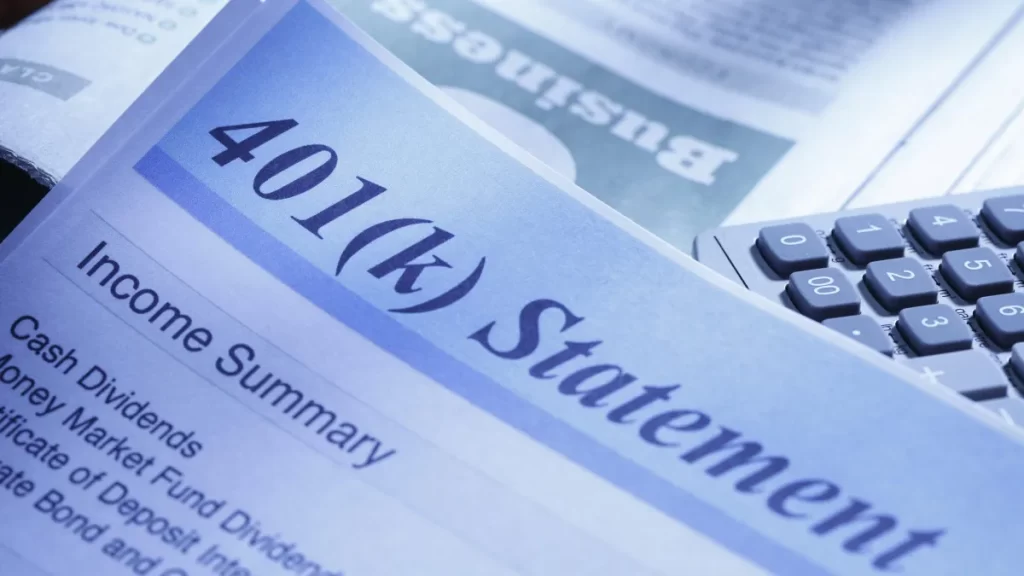
Many people have heard countless times how important it is to save for retirement. Well, it turns out more people are taking that advice.
Giant investment company Vanguard released its annual “How America Saves” report this week. The main takeaway? Its 401(k) holders are contributing more of their money than ever: 7.4% of their earnings in 2023 — almost 12% if you include employer contributions.
The biggest catalyst is called automatic enrollment. If you start working somewhere that provides a 401(k), for example, and you don’t get around to signing up for it, your employer will just do it for you, and a recent federal law is actually about to make that mandatory.
“This, in turn, has led to the highest participation rates that we’ve recorded with ‘How America Saves,’ so the average plan participation rate is now 85%,” said Jeff Clark, head of defined contribution research at Vanguard. He authored the report.
Clark added that the benefits don’t stop there. Automatic enrollment doesn’t just increase how many people participate. It increases how much money people are contributing.
“Auto enrollment plans are also defaulting employees in at higher starting rates. They default participants in at rates of 4% or more,” Clark said.
He said two-thirds of these participants now have their savings managed professionally, including by folks like David Demming, a certified financial planner and the founder of Demming Financial.
“You’ve got a big wave of young, young folk coming in and the different generations,” Demming said. “Because of the internet and different things, they have more exposure to it, to having some knowledge.”
Many young folks, he said, are taking better advantage of the benefits their employers provide.
All of that is good news, said Richard Johnson, a senior fellow at the Urban Institute. However, he added, “I don’t think it changes the basic storyline that for many people, their retirement outlook is pretty grim.”
His other point: This report only considers folks who actually have a retirement account, which is just over half of U.S. households.
Johnson said that saving 7.4% of one’s income for retirement, as the Vanguard report found, still would not be enough for people to be financially stable in retirement. He said workers should aim closer to 10%.
“The good news is not enough to fundamentally change that story,” Johnson said.





























